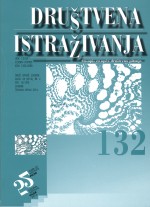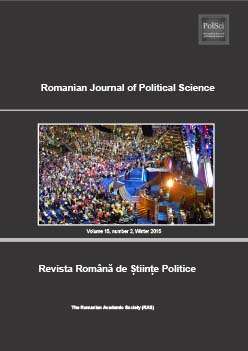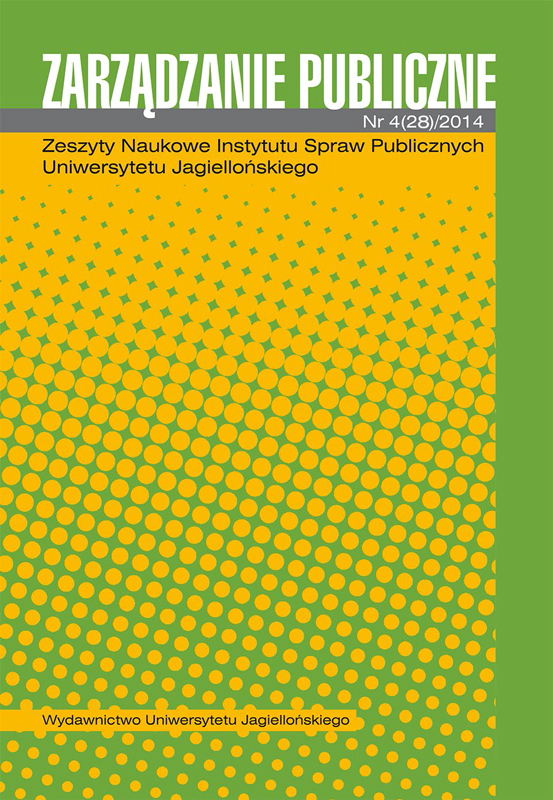Democratic Contributions to UN Peacekeeping Operations. A Two-Step Fuzzy Set QCA of Unifil II
Democratic Contributions to UN Peacekeeping Operations. A Two-Step Fuzzy Set QCA of Unifil II
Keywords: burden sharing; UN Peacekeeping; QCA; democratic peace theory;
What explains democratic participation in United Nations peacekeeping operations? Although the division of the burden of UN peacekeeping operations has attracted a considerable amount of scholarly attention, neither the impact of domestic variables, nor the interaction between the domestic and international determinants of peacekeeping contributions has been systematically analysed. This article aims to fill this gap in academic research. First, insights from research on peacekeeping burden sharing, democratic peace theory and integrated decision models are combined in a multi-causal framework. Subsequently, two-step fuzzy set Qualitative Comparative Analysis is used to assess whether this model explains diverging contributions to the 2006 enhancement of the UNIFIL operation. The results of this analysis show that contributions result from a complex interplay between domestic and international conditions. Two combinations of international level conditions allowed for large contributions. In the absence of significant military engagements, military capable states and states with a high level of prior involvement in UNPOs had an incentive to participate. Actual contributions, however, only materialized if such a conductive international context was combined with favourable domestic conditions: only states governed by a left-leaning government that was not constrained by either proximate general elections or a right-leaning parliament with extensive veto powers participated in the operation.
More...


